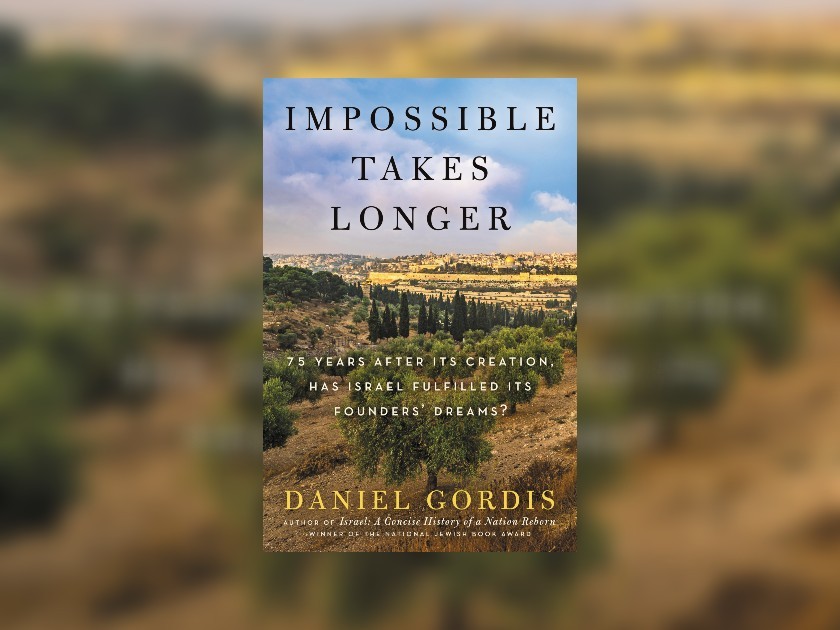
Is Israel a success?
It would be hard to imagine a more contentious question. Israel is a dizzying array of contradictions. It is the most hated nation in the world, but also the most beloved. It is a combination of unexpected successes and maddening disappointments. It is a story of unprecedented human triumph, but also a story of great suffering. Israel’s story has enchanted and inspired the world, yet it also enrages many. It is a country that brings Jews everywhere a deep pride in national rebirth and accomplishment, but all too often, for some, it is also a source of shame. Israel’s founders wanted the Jews to be, at long last, a nation like any other, yet they created what may be the most unique country in the world. Though many people commonly think of Israel as a very young country, it is, in fact, older than about two-thirds of the countries in the United Nations.
Perhaps these contradictions help explain why Israel is subjected to scrutiny that, measured by population, no other country in the world experiences. Israel is ranked by the United Nations as the hundredth-largest country in the world, but in terms of coverage in news sites around the globe it ranks sixth. (Palestine ranks third in terms of news coverage, and since much of the coverage of Palestine is about its relationship with Israel, scrutiny of Israel is even more intense than “sixth place” might suggest.) Why does a country the size of New Jersey with a population close to that of Manhattan get more attention than most of the ninety-nine countries that have greater populations? Why does Israel get more attention in international coverage than the UK, France, or Germany? More than North Korea and Iran, too.
Why does a country the size of New Jersey with a population close to that of Manhattan get more attention than most of the ninety-nine countries that have greater populations?
The most common explanation is “the conflict.” Israel is covered so closely, many say, because people around the world are deeply concerned about the fate of the Palestinian people.
The fate of the Palestinian people is a profoundly important moral issue, but still, that answer doesn’t fully explain the international community’s singular focus on Israel. After all, what about the civil war in Syria, which has taken five times more lives in just the past few years than has the entire Israeli-Arab conflict in a century? Or what about human rights atrocities in North Korea? Iran? Egypt? Yemen? Is there a reason the Palestinians and their quest for sovereignty garner so much more coverage than similar liberation movements by the Kurds, the Basques? Is the conflict with the Palestinians a more pressing moral issue than the oppressive civil rights denial in China, the treatment of gays and lesbians throughout the Arab world (among other regions), and Saudi Arabia’s murderous regime and its horrific treatment of women?
As critical and painful as Israel’s conflict is, why is this the one that remains in the spotlight?
Others respond, a bit more cynically, “Because it’s a Jewish state.” By that they mean that many people enjoy looking for flaws in Jews or in the Jewish state. There’s some truth to that, too, but it is still not a sufficient answer. After all, many Jews in the Diaspora are profoundly disturbed by Israel, sometimes divorcing themselves from it or even becoming some of its most bitter critics. And many of these people are not looking to disparage the Jewish people.
We need a better explanation.
Copyright © 2023 by Daniel Gordis. Published with Permission of Harper Collins.
Daniel Gordis is the Koret Distinguished Fellow at Shalem College — Israel’s first liberal arts college — which he helped found in 2007. The author of numerous books on Jewish thought and political currents in Israel, he has twice won the National Jewish Book Award, including the prize for Book of the Year for Israel: A Concise History of a Nation Reborn. Raised and educated in the United States, he has been living in Jerusalem since 1998.